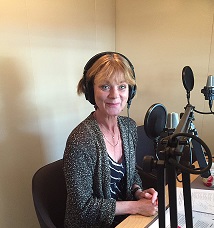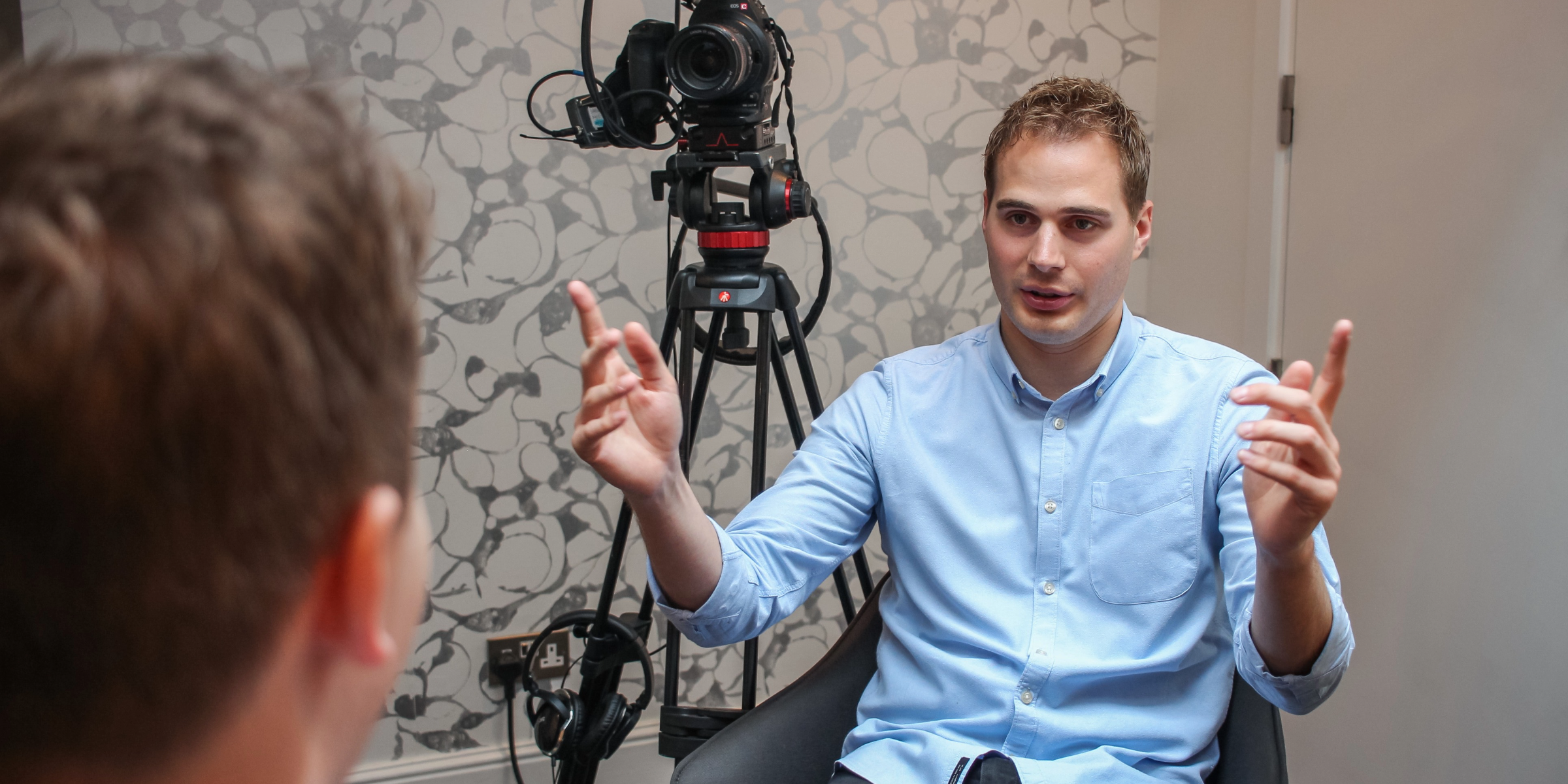Spokespeople come in all shapes and sizes, from the bold and brash, to the shy and the faint hearted. It’s up to the client and the PR agency to guarantee their radio day is a success by ensuring their spokesperson is well-prepared.
By Claire Burgess
There’s no point beating around the bush: what you don’t ask you don’t get, or in a sense what you don’t tell you don’t get- so make sure you brief your spokesperson well.
Now we don’t advise micro management, as everyone hates that. You hire a spokesperson to be themselves and add their personality to the campaign – this is something to embrace not quash.
That said, we still have some warnings to heed before we get to the crux …
- Celebrity spokespeople often need close time management as they have very busy schedules and could end up being late to your radio day. (Not that this has happened at Shout! *Ahem)
Third party spokespeople such as psychologists meanwhile have such a wealth of knowledge and depth on a subject that they may go off topic and veer from the key messages.
- Corporate spokespeople may be too keen to get in brand mentions, neglecting the quality of the chat.
Now here’s what we DO advise to do to prepare your spokesperson for a Radio Day
First things first, make sure your spokesperson is willing and available. It is very important to establish what days your spokesperson can do, the days they are available the week before and the upcoming days after the radio day. Broadcasters often want to pre-record interviews which they hold over for news bulletins from first thing on the day of a story – and so your spokesperson needs to make themselves available, even for a short time, the day before the story. Sky News is a regular for this, as well as early shows such as Radio 5’s – Wake up to Money.
More often than not though, big radio stations such as Radio 4’s The Today Programme or even BBC Radio London, Scotland and Wales will not take pre-records. Instead they may require your spokesperson to be up at the crack of dawn. This can be as early as 05:30am. That’s when spokespeople need to be very willing. Stories that start this early in the morning set the agenda for the day. The spokesperson may be in for the long haul as further stations are likely to pick up the story later in the day.
Another must is to brief your spokespeople carefully on the key messages to be achieved in each radio interview. Key messages are there to make sure branding, research, highlights of a story and a landing page for more information are established. Spokespeople also need to be briefed so they understand the difference between brand mentioning in BBC radio interviews and commercial interviews. BBC is regulated by Ofcom and therefore has strict guidelines to adhere to. Strictly they are only allowed one commercial brand mention and spokespeople risk being cut off if they heavily over brand.
One point to note concerns live interviews; we recommend that if the brand if not mentioned in the introduction for the interview, then the spokesperson should try to drop it in as soon as possible at the beginning of the interview. You never know how long a live interview will run for so there’s no point waiting until four or five questions in! Consequently you know you’ve nailed it and the client is happy.
Regional breakdowns are a must when preparing a spokesperson for a radio day. It is rare you’ll get regional stations booking in without a hook or angle relevant to their patch. When they do book in, they are looking to speak about the facts and figures that affect their area, not just the ‘The North’, ‘The West’, or ‘Oh London stats will do’. They hate this! And want news for their area. It is important to prepare a list of top 5 key stats that relate to the 12 key regional areas of the UK. Make sure the spokesperson has this in front of them before and during the interview.
It is also important for spokespeople to know the difference between an interview for news and one for programming. News interviews are usually pre-recorded and they will want short, concise answers from the spokesperson, as they edit it down into short 30 second clips. Programming meanwhile generally wants longer and often live interviews – giving the spokesperson a great opportunity to build a good rapport with the presenter.
We have our own radio studio at Shout! overlooking the beautiful sights of Covent Garden. We are happy to chat through any upcoming ideas that you might have for radio days so if you do feel that radio could help your PR campaign, give us a call on 0207 240 7373!



